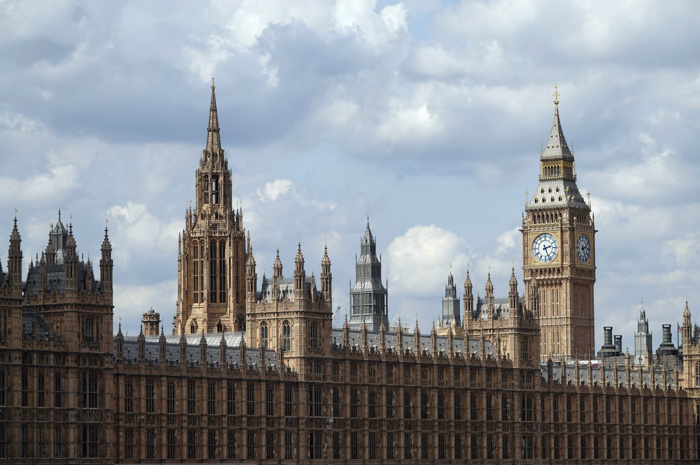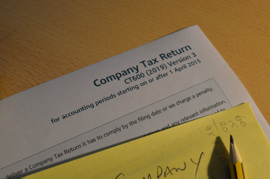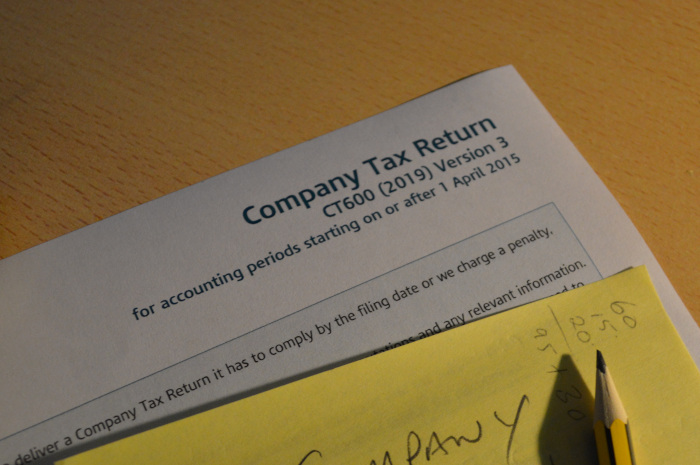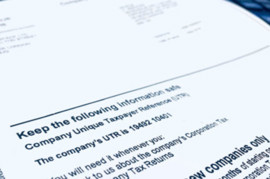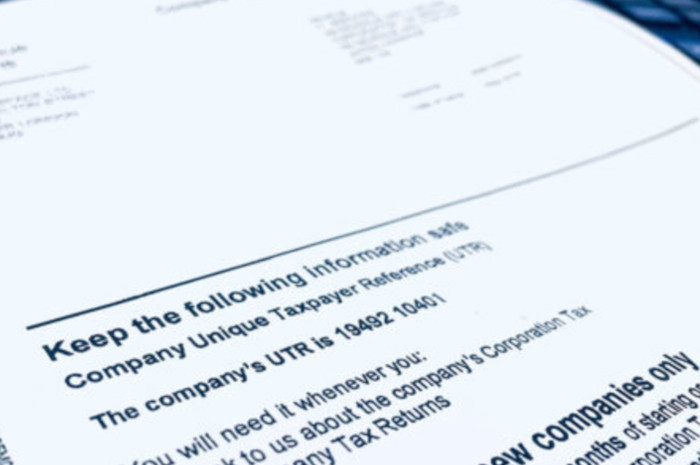The Chancellor unveiled the long awaited Autumn Budget today (26 November 2025), setting out the Government’s major economic priorities for the coming year. The announcement placed particular emphasis on addressing property tax, income tax, energy caps, pension taxes and more. In this article, we break down what these measures mean and explore their impact on both individuals and the wider UK economy.
Tax Announcements
Income Tax Bands Frozen
The Chancellor has extended the freeze on income tax bands until the end of the 2030/31 financial year, a practice known as "fiscal drag." As a result, the bands do not keep up with inflation, gradually moving more and more people into higher tax brackets.
The change is projected to add nearly a million new taxpayers in the UK and push over 750,000 people into the higher rate tax band by 2030. Below is a summary of the current tax bands and the frozen tax thresholds.
| Band | Taxable Income | Rate |
| Personal Allowance | First £12,570 of Income | 0% |
| Basic Rate | £12,571 to £50,270 | 20% |
| Higher Rate | £50,271 to £125,140 | 40% |
| Additional Rate | £125,140 + | 45% |
Income Tax Rate Increases
A few weeks ago, government officials unexpectedly informed newspapers that the Chancellor had reversed her previously rumoured proposal to raise income tax by 2 pence across all tax thresholds, a decision that was reaffirmed in today's announcement. This shift prompted a new debate; if income tax is off the table, where else might she turn to generate the revenue needed to close what is being described as a £20 billion black hole?
State Pension Increases
The state pension is set to increase in April, matching the growth in average wages. To receive the full amount, you must have 35 years of qualifying National Insurance contributions.
Flat-rate state pension
For those who reached state pension age after April 2016, the weekly payment will rise to £251.30, which amounts to £12,547.60 per year. This represents an annual increase of £574.60.
Old basic state pension
For people who reached state pension age before April 2016, the weekly payment will rise to £184.90, which comes to £9,614.80 per year. This is an annual increase of £439.40.
This increase moves the state pension nearer to the income tax threshold, a topic that has sparked debate among opposing political parties.
Electric Vehicle (EV) Tax
It was confirmed today that from 2028–29, the mileage charge will be set at £0.03 per mile for electric vehicles and £0.015 per mile for plug-in hybrids, with rates rising each year in line with CPI. The measure is expected to generate around £1.4 billion in revenue.
Pension Reforms
Reeves plans to introduce a £2,000 limit on how much employees can contribute to their pensions through the "salary sacrifice" scheme. Any contributions above the £2,000 threshold would mean National Insurance payments for both employers and employees. As a result, employers would face higher costs, whilst employees would see a reduction in their take home pay.
Mansion Tax
The long-rumoured "mansion tax" has been confirmed today. It will introduce a high-value council tax surcharge from 2028 on properties valued over £2 million. Properties over £2 million will pay an annual charge of £2,500 and properties over the £5 million threshold will pay an annual charge of £7,500. This is expected to generate around £400 million by 2031.
Property, Saving and Dividend Income
Chancellor Rachel Reeves has increased tax rates on property, saving and dividend income by 2% in today’s Budget. She has stated that the tax paid on income from assets will raise £2.2 billion in 2029 - 2030. Here is how:
- From April 2026, the ordinary and upper dividend tax rates will rise by 2%, while the dividend additional rate will stay the same.
- From April 2027, the tax rate on savings income will increase by 2% points for all bands.
- From April 2027, property income will have its own tax rates: 22% for the basic rate, 42% for the higher rate, and 47% for the additional rate.
Not good news for small business owners, savers or property investors!
Writing Down Allowances
It has today been confirmed that from 1 January 2026, a new first year allowance of 40% will be introduced. At the same time, beginning in April 2026, the main rate of the writing-down allowance will be lowered to 14%, from a previous rate of 18%. This reduces the rate at which capital assets can be depreciated for businesses for tax purposes in subsequent years.
Other Announcements
Rail Freezes
It’s not entirely bad news, the Chancellor confirmed that rail fares will be frozen until March 2027, marking the first freeze in 30 years. The Government says the move is designed to help curb inflation by keeping a key everyday cost down for millions of families. They predict that commuters on more expensive routes could save more than £300 annually.
Increases To Minimum Wage
From April 2026, the hourly minimum wage for those over 21 will increase by 50p, rising from £12.21 to £12.71. Workers aged 18 - 20 will see an 85p increase, while apprentices will get 45p more per hour. Whilst these rises benefit employees, they could create financial strain for businesses, especially in sectors like hospitality and retail that rely heavily on minimum wage staff.
ISA Cuts
The Chancellor has unveiled changes to cash ISAs, keeping the overall £20,000 allowance but designating £8,000 specifically for investments. Reducing the cash allowance to £12,000. However, those over 65 will continue to have the full £20,000 available for cash savings. This change will encourage savers to move money from cash into stock-market investments, particularly those involving UK companies. The stocks and shares ISA allowance remains unchanged at £20,000.
Electric Vehicle (EV) Grant Scheme
The Labour Party has pledged an additional £1.3 billion for the Electric Car Grant, alongside £200 million to accelerate the installation of thousands of UK charging points, bringing total investment to £1.5 billion.
Looking For More Information?
Hopefully this article has helped clarify the key announcements from the Autumn Budget. For more information on topics related to the UK economy, feel free to explore our Knowledge Base. If you have any questions about how the Autumn budget will affect your small business, do not hesitate to contact us.
